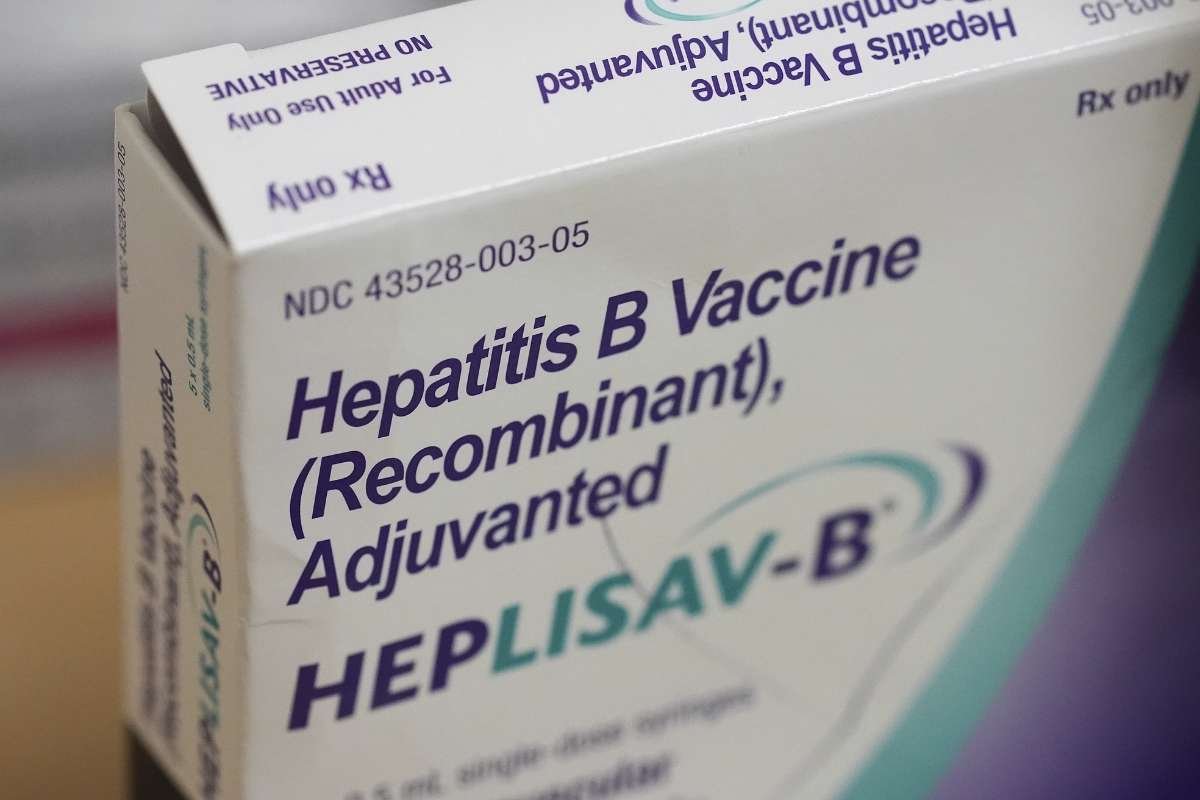Key Points:
- Delaying Risk: Postponing the birth dose of hepatitis B increases newborn infection risk.
- Birth Dose Crucial: Early vaccination prevents lifelong infections and liver disease.
- ACIP Impact: Delays could create financial hurdles and lead to some preventable cases.
A leading liver disease specialist has cautioned that delaying hepatitis B vaccines for newborns could increase infection risks, just as the Centers for Disease Control and Prevention’s Advisory Committee on Immunization Practices (ACIP) prepares to vote on potential changes to the immunization schedule.
The panel is scheduled to meet on Thursday to review recommendations for hepatitis B vaccines. While the full agenda has not been made public, health experts believe the committee may consider delaying or ending the current recommendation for a birth dose.
Risks of Transmission at Birth
The physician warned that removing or postponing the first dose of the hepatitis B vaccines would leave infants more vulnerable during delivery, when exposure to blood and bodily fluids can transmit infections. “When a child passes through the birth canal, they are exposed to secretions that can carry viruses such as hepatitis B or HIV,” he said.
Data show that more than 90 percent of infants infected with hepatitis B at birth develop chronic, lifelong disease. After the vaccine’s approval, cases of mother-to-child transmission in the United States dropped by nearly 70 percent. Today, fewer than 20 babies a year contract the virus from their mothers, down from an estimated 20,000 cases annually before widespread immunization.
“That is an accomplishment that has made America healthier,” the physician noted.
A Physician’s Perspective
Drawing from clinical experience, the specialist recalled treating an 18-year-old patient who developed liver failure from hepatitis B. The infection could have been prevented through vaccination at birth. “Since then, I’ve done everything I can to ensure I never have to tell another parent their child has died from a vaccine-preventable disease,” he explained.
Experts stress that maintaining high vaccination coverage at birth is essential to sustaining progress against the virus. Evidence suggests that when parents are given the option to delay, fewer infants are vaccinated, raising the risk of missed doses and infections later in life.
What’s at Stake in ACIP’s Decision
If ACIP recommends delaying the hepatitis B vaccines, parents may face additional hurdles. Insurance coverage for delayed vaccination is uncertain, potentially creating financial barriers. “Of course, the challenge is that insurance may not cover it, so it becomes a hardship,” the physician said.
While most children vaccinated later in life may remain safe due to the overall decline in hepatitis B transmission, experts warn that some infections will inevitably occur. “If the child gets vaccinated at age four, most will be okay,” he said. “But I can promise you, there will be some hepatitis B transmission.”
Public health professionals emphasize that the birth dose of hepatitis B vaccines remains one of the most effective tools for preventing lifelong infections and protecting children from liver disease and cancer linked to the virus.
As the CDC advisory panel prepares to deliberate, the outcome could shape infant immunization practices nationwide, with significant implications for both families and health providers.
Visit more of our news! The Lifesciences Magazine







